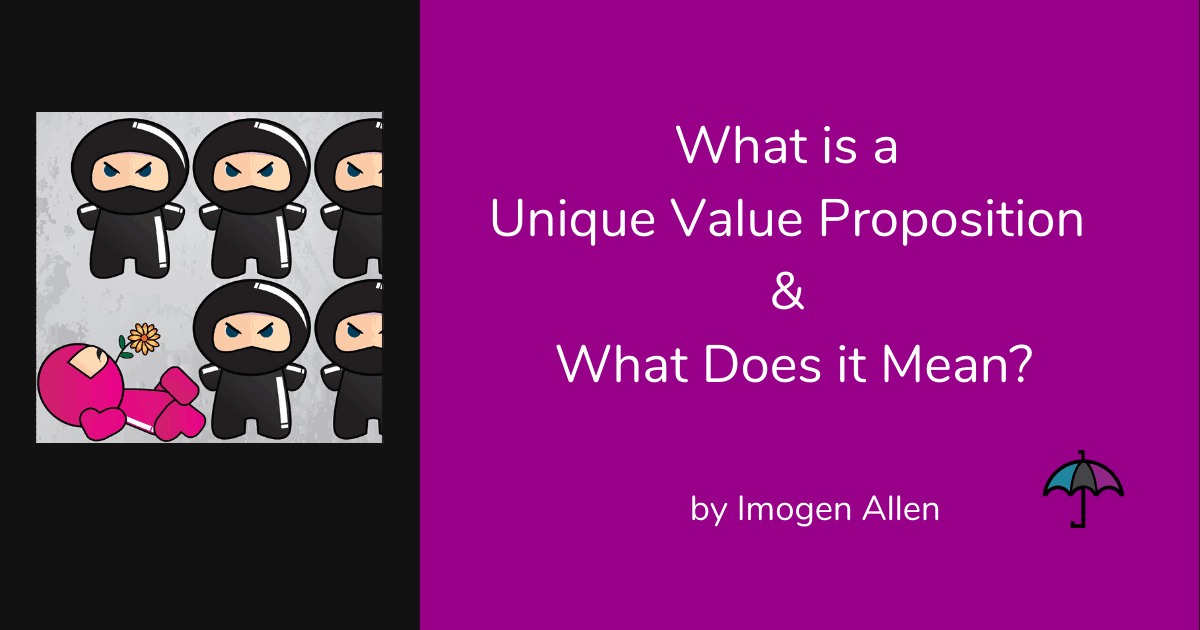

By the 19th century, lawyers had come to view the old 'special verdicts' as irrelevant.

#Unique mean trial#
In 1728, a landmark legal case (the trial of Carnegie of Finhaven) re-established the jury's right to return a verdict of not guilty, rather than leaving that decision to the judge. The decision on the guilt or innocence of the accused was then taken by the judge presiding over the case. The role of the jury was altered in the early 17th century by a change in procedure whereby juries ceased to declare accused persons guilty or innocent, and instead returned 'special verdicts' considering whether individual factual allegations were proven or not proven. There were no set forms of verdict used by early juries: their role was simply to decide on the guilt or innocence of the accused. The not proven verdict's existence in Scots law has been described as a "historical accident". The legal consequences of the two verdicts are exactly the same - the accused is cleared of the charges and cannot normally be re-prosecuted for the same offence. However, there was also a view that the not proven verdict was a " cop out".Īs outlined in Chapter 1, Scottish juries are unique in that they have two verdicts of acquittal open to them: not guilty and not proven. More jurors thought that a verdict of not proven should be returned when jurors need to compromise to reach a verdict than believed a not guilty verdict should be used in that situation.Jurors choosing the not guilty verdict (where both acquittal verdicts were available), in contrast, tended to base this on a belief that the accused was innocent, or some aspect of the complainer's or witness' evidence that suggested that they were not giving a truthful account.Related to this, jurors choosing the not proven verdict tended to base their decision on a belief that that the evidence did not prove guilt beyond reasonable doubt, or on the difficulty in choosing between two competing accounts.Jurors also expressed the view that there is a lingering stigma attached to a verdict of not proven. The idea that the not proven verdict means the accused is guilty, but that guilt has not been proven to the necessary standard for conviction, arose frequently (though usually briefly) during deliberations.

Jurors in two-verdict juries, who did not receive this direction, were more likely than juries in three-verdict juries to think that the accused can be retried if the verdict is not proven. The judge's direction that "not guilty and not proven have the same effect, acquittal, which means that the accused cannot be tried again for the same offence" does appear to increase juror understanding.In particular, jurors were not always clear how it differed (if at all) from a not guilty verdict. Where the not proven verdict was discussed, there was inconsistency in understanding of its meaning and confusion over its effect.The meaning and consequences of the not proven verdict were rarely discussed at any length in deliberations, even in those juries where that verdict was returned.5 How do jurors understand the not proven verdict?


 0 kommentar(er)
0 kommentar(er)
